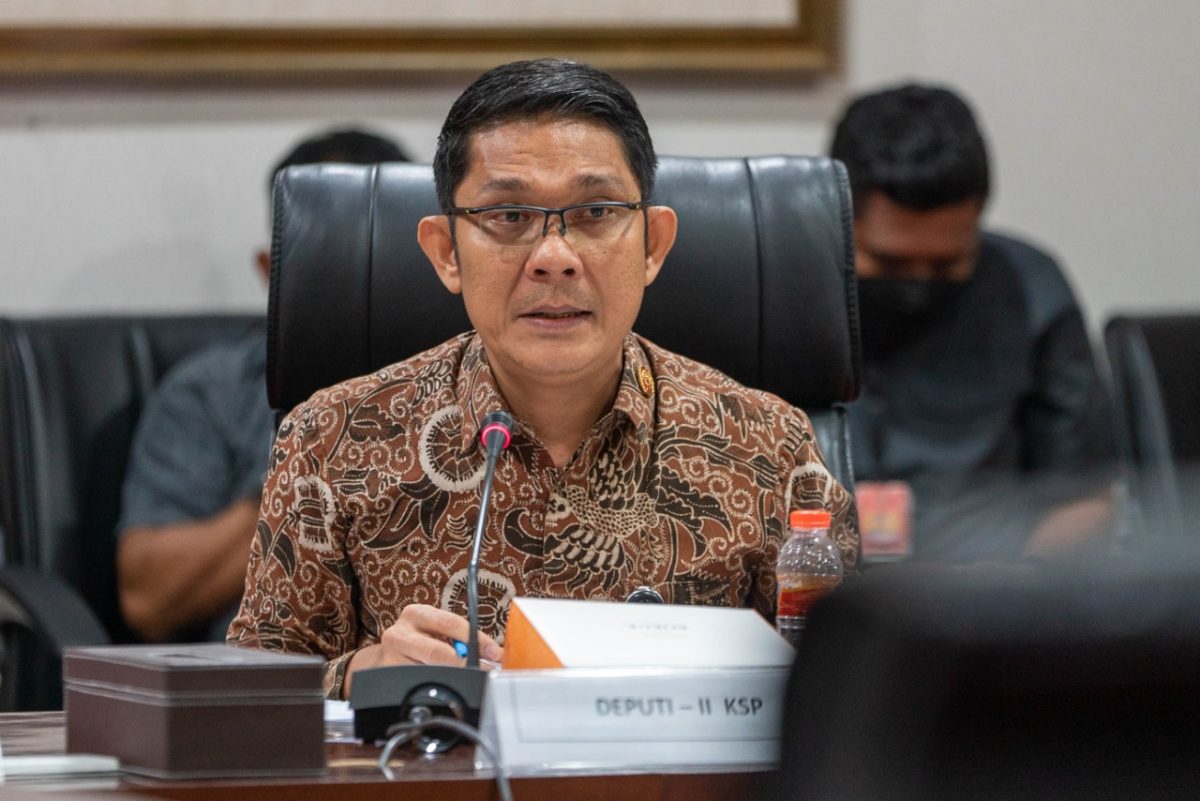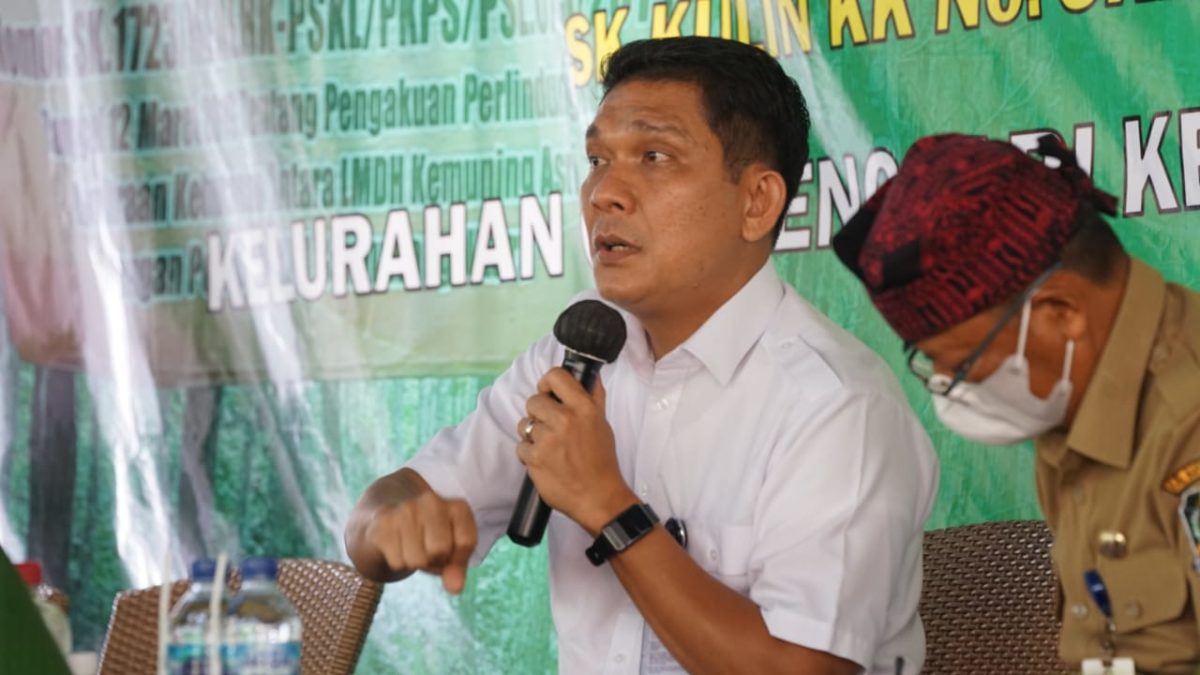The Executive Office of the President (KSP) has expressed its readiness to collaborate with organizations committed to supporting Indonesia’s national strategic programs, particularly in the area of special needs education for disabled individuals.
On Tuesday (31/1), representatives from the Nippon Donation Foundation, a Japanese foundation that focuses on peace and disabled education, met with the Chief of Staff to the President Dr. Moeldoko at the Bina Graha Building in Jakarta.
During the meeting, the founder of the Nippon Donation Foundation, Yuma Muranushi, expressed his concern for the promotion of education for children around the world. The foundation has already donated to education programs in Yogyakarta, Surabaya, and several cities in Indonesia.
“The Indonesian government has several programs, such as the Indonesia Pintar card and the Kartu Pra Kerja program, which ensure that Indonesian youth have a good future. However, we also welcome and appreciate those who have a good spirit to contribute to education in Indonesia,” said Moeldoko.
In addition, Moeldoko hopes that through collaboration with Japan, disabled students can be given knowledge transfer in technology, graphic design, and pop culture.
“Japan is famous for its pop culture, manga, and anime. Many Indonesian children, including disabled children, actually have a lot of potential in graphic design. It would be great if disabled students could be given special education in graphic design for pop culture such as anime and manga, which have a huge market in Japan,” Moeldoko continued.
The retired TNI general also hopes that this collaboration can provide financial assistance for education in schools.
Despite the government providing affirmative scholarships for disabled children, the limited number of special schools is still a barrier for disabled children to access these benefits.
“As many as 70% of experts in KSP are millennials who also care about education issues. They are the ones who handle the nation’s problems here. So, KSP is ready to be a bridge between the needs of the disabled community for access to education and international parties committed to helping realize progress in education in Indonesia,” concluded Moeldoko.




